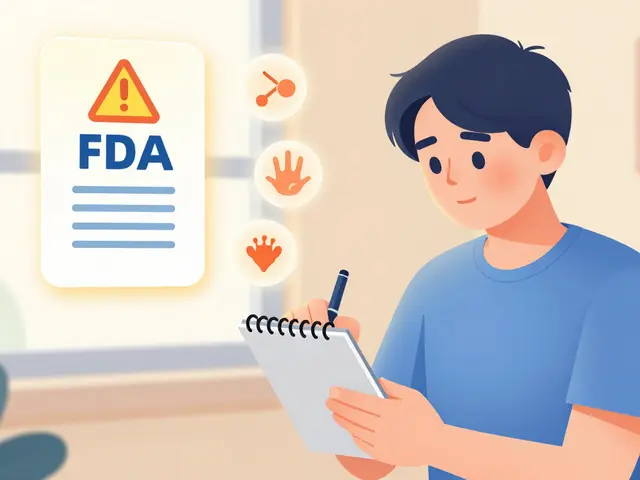Polyposis: What It Is, How It Affects You, and What You Can Do
When you hear polyposis, a condition where hundreds of polyps grow in the colon and rectum, often due to inherited genetic mutations. Also known as familial adenomatous polyposis, it’s not just about benign growths—it’s a direct path to colorectal cancer if left unchecked. This isn’t rare. About 1 in 10,000 people have the classic form, and it shows up early—often in teens or early 20s. These polyps don’t stay harmless. Left alone, nearly all will turn cancerous by age 40.
What makes polyposis different from regular colon polyps? It’s the scale and the cause. Most people get a few polyps as they age—common, usually harmless. But with polyposis, the body produces hundreds, sometimes thousands, starting young. It’s not lifestyle—it’s genes. The APC gene mutation is the usual suspect. If a parent has it, you have a 50% chance of inheriting it. That’s why family history matters more than ever. And it’s not just the colon. People with polyposis also face higher risks for tumors in the stomach, small intestine, thyroid, and even the brain. That’s why monitoring goes beyond colonoscopies.
There’s no cure for the gene, but there’s a clear plan: surveillance and surgery. Regular colonoscopies start as early as age 10–12 for those at risk. If polyps multiply too fast, doctors often recommend removing the entire colon before cancer develops. It’s a big decision, but it cuts cancer risk from nearly 100% to under 5%. Some people also take medications like sulindac or celecoxib to slow polyp growth, but these don’t replace surgery—they just buy time.
And it’s not just about the colon. Polyposis can show up in other ways—dental issues, bony growths on the skull, or even benign skin tumors. These aren’t just side notes—they’re warning signs. If you’ve been told you have polyps and your family has a history of early colon cancer, don’t wait. Genetic testing can confirm if it’s polyposis. And if it is, you’re not alone. There are clinics, support groups, and clear medical pathways to stay ahead.
What you’ll find in the posts below isn’t just theory. It’s real-world guidance on how people manage this condition—what tests they’ve had, what surgeries they chose, how they cope with the emotional side, and what medications actually help. You’ll see how polyposis connects to other conditions like Lynch syndrome, what screening schedules work best, and how to talk to your doctor when you’re scared. This isn’t a one-size-fits-all topic. It’s personal. And the information here is meant to help you make smarter choices—before it’s too late.
Learn how polyposis raises colorectal cancer risk, the genetics behind it, screening guidelines, prevention tips, and FAQs for living with the condition.



